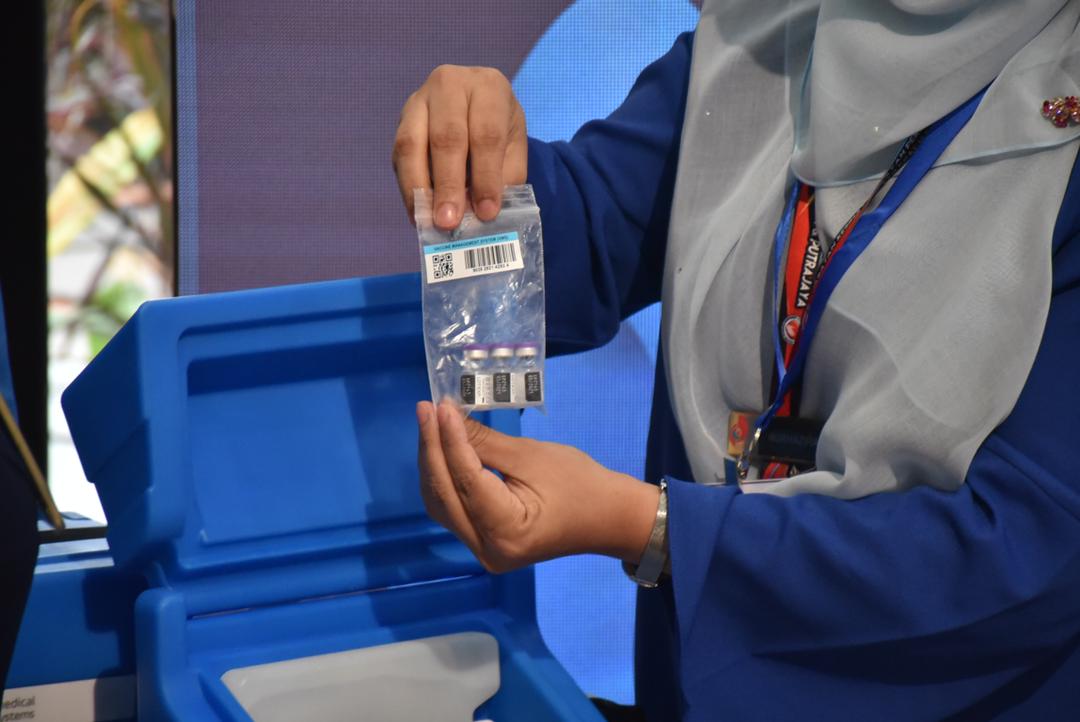It’s unfortunate that Malaysia is beginning to treat its national Covid-19 vaccination programme with the same iron fist approach that was used in the public health response towards the epidemic.
Malaysia’s confusing standard operating procedures (SOPs) and deliberate suppression of Covid-19 data, crucially testing numbers, contradicted the science behind a new and dangerous pathogen.
The latest decision to multiply the fine on individuals for breaching movement restrictions from RM1,000 to RM10,000 is also not based on science. Where is the evidence that increasing the severity of punishment leads to better compliance? And where is the data that shows poor SOP compliance caused the rise of Covid-19 cases in Malaysia?
If people can’t afford to pay an RM10,000 compound, they will be sent to overcrowded prisons and worsen the Covid-19 clusters regularly breaking out in jails and immigration detention centres. Worse still, a maximum RM10,000 fine will likely force law enforcement to issue compounds below RM2,000 to Members of Parliament who flout SOPs (if they are ever fined at all), to prevent these MPs from losing their seat over a fine above RM2,000. The double standards between politicians and the people would be exacerbated.
The government also uses the “stick” approach towards the Covid-19 vaccination drive, as the police say that spreading anti-vaccine “propaganda” or “fake news” is punishable under Section 505(b) of the Penal Code and Section 233 of the Communications and Multimedia Act 1998. These two pieces of legislation have long been used to clamp down against dissent.
I have frequently advocated for Covid-19 vaccination. On CodeBlue, we do not run articles promoting vaccine hesitancy or misinformation, including those penned by medical practitioners, which are often published in the mainstream media.
Personally, I struggle with some family members and friends who refuse to get vaccinated against Covid-19. But I continue answering their questions and correcting whatever misinformation they share. Should ordinary people go to jail just because they share genuine concerns or ask questions about coronavirus vaccines on social media? Wouldn’t criminal prosecution of vaccine-hesitant people only deepen public perception that the government is trying to “cover up” the truth?
The Ministry of Health (MOH) itself sometimes behaves in a mendacious manner. Its MyHealth portal quietly deleted on February 22 a tweet that showed Health Minister Dr Adham Baba as saying that people with HIV cannot take the Covid-19 vaccine, after it was slammed by HIV groups. HIV groups have disputed MOH’s guidance and said people living with HIV should be prioritised for Covid-19 vaccination, regardless of their CD4 count.
Despite MyHealth deleting its tweet – without any explanation – MOH’s recommendation against HIV patients receiving the Pfizer-BioNTech shot remains on its official website. This was not the first time MOH surreptitiously deleted a social media post related to Covid-19 vaccination. It shows a pattern of disregard for science and clear communication.
The key to combating vaccine misinformation is constant public education to improve health literacy. Threatening incarceration over matters of personal health is a lazy tactic that does nothing whatsoever. By using criminal penalties, the government is warring against its own people, not the virus.
Even as Malaysia’s coronavirus inoculation campaign has begun, where are the public townhall meetings on vaccines? Videos by medical professionals on social media may educate people to some extent, but townhalls are the best two-way communication method to enable the public to ask questions.
By now, MPs and state assemblymen should be organising virtual townhall sessions – together with MOH or Ministry of Science, Technology and Innovation (MOSTI) representatives – to answer questions and concerns from their constituents about Covid-19 vaccines.
MOH and MOSTI should also hold regular briefings explaining Covid-19 vaccines and the inoculation programme to all media – not just selected news outlets – so that the press can identify vaccine misinformation touted by medical professionals, and also inform the public on the progress of the vaccination programme.
Certain government officials’ dismissal of challenges with Malaysia’s biggest ever vaccination programme sits uneasily with me. Other developed countries have reported numerous obstacles with their Covid-19 inoculation drives. Why should Malaysia be any different?
It is better to openly acknowledge flaws and problems so that they can be resolved early, rather than to crack down on public criticism and pretend that everything’s fine. It’s also preferable to be realistic, instead of promising unscientific results to pacify a largely health-illiterate society.

Boo Su-Lyn is CodeBlue editor-in-chief. She is a libertarian, or classical liberal, who believes in minimal state intervention in the economy and socio-political issues.








